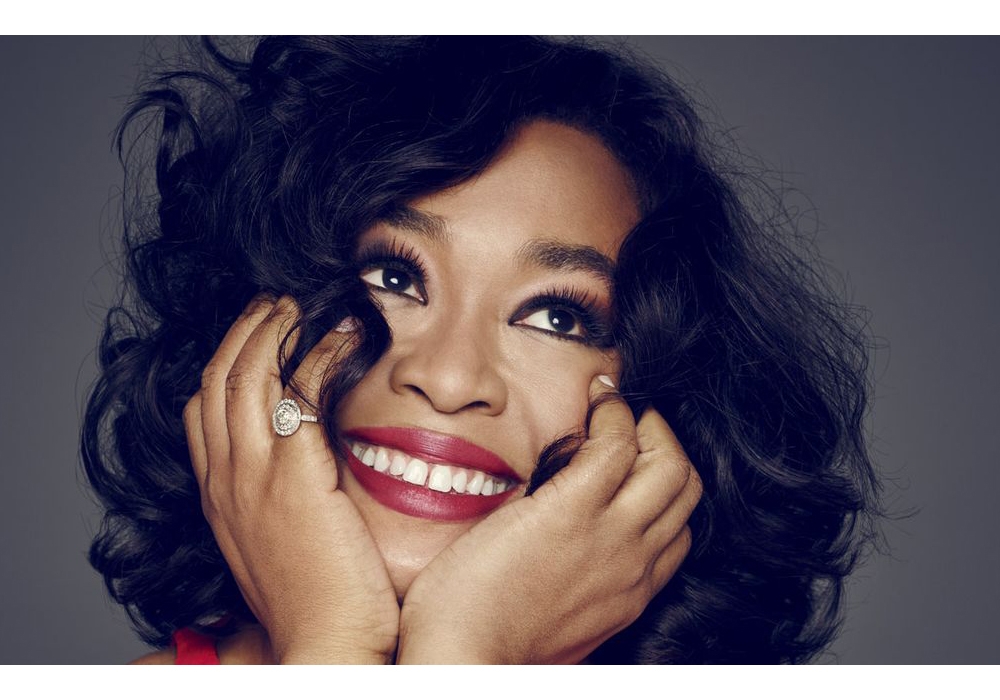Cynthia Lam, staff writer
In the past few years, television has arguably gotten more diverse. Hit shows including Scandal, How to Get Away With Murder, Empire, Luther, and many more have black leads, drawing in millions of viewers every week. Not only do these shows focus on the lives of black characters, but critics and audiences of various backgrounds have praised them. Should these shows be praised simply for casting black actors and actresses in leading roles, or should we be more critical of these representations of blackness and the quality of television?
Back in 2012, the political drama Scandal, produced by Shonda Rhimes, debuted on ABC. The show was an instant hit with critics and viewers, starring Kerry Washington as Olivia Pope. Scandal follows Pope through her adventures in Washington, as she manages a crisis response team. Scandal is the first primetime show to star a black female lead since Teresa Graves starred in Get Christy Love! in the early 1970s. Pope is strong, confident, and successful, yet sometimes loses control of her emotions because of her intimate relationship with President Fitzgerald Grant. Not only does this speak to gendered power struggles, but as a black mistress of the President, it threatens to reinforce racial hierarchies as well. However, Pope’s agency and determination complicate her character, making it hard to pin her down solely as a victim, seductress, or any other label.
Hot off of Scandal, Rhimes went on to produce another riveting show, How to Get Away With Murder, starring Viola Davis. The show premiered to 14.12 million live viewers, becoming an instant hit. The creator, Peter Nowalk, is praised for how amazing of a character Annalise Keating, played by Davis, has become. While Keating is shown as a very strong and steady woman, at the end of the day she does have her weaknesses and there are times when she is a mess. The way Davis portrays Keating, through her moral descent as well as her successes, showcases the depth of black expression.
While it is important and encouraging that there are so many more shows out there with black leads, it is also important to ensure that black people are represented in an accurate manner. We have come a long way from having the comical, sassy, or rude token black character in television shows, even though the trope still persists.
As Rhimes noted while accepting the Norman Lear Achievement Award at the annual Producers Guild Awards, “I have, against no odds, courageously pioneered the art of writing for people of colour as if they were human beings. I’ve bravely gone around just casting parts for actors who were the best ones.”
Scandal and How to Get Away With Murder have their flaws, like all television shows, but they also present the strength, shortcomings, achievements, and pains of black women.


